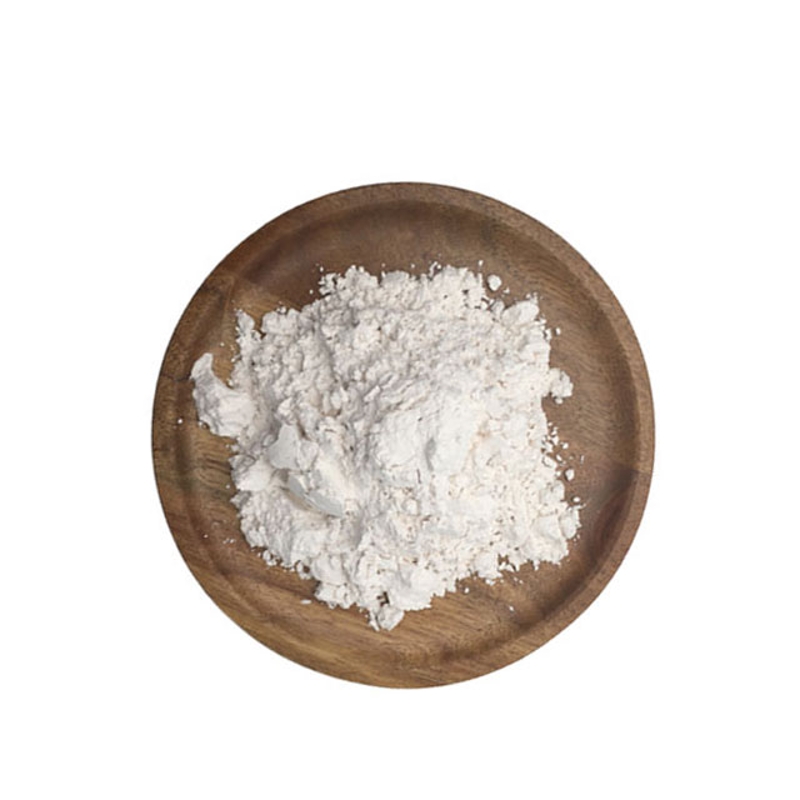-
Categories
-
Pharmaceutical Intermediates
-
Active Pharmaceutical Ingredients
-
Food Additives
- Industrial Coatings
- Agrochemicals
- Dyes and Pigments
- Surfactant
- Flavors and Fragrances
- Chemical Reagents
- Catalyst and Auxiliary
- Natural Products
- Inorganic Chemistry
-
Organic Chemistry
-
Biochemical Engineering
- Analytical Chemistry
- Cosmetic Ingredient
-
Pharmaceutical Intermediates
Promotion
ECHEMI Mall
Wholesale
Weekly Price
Exhibition
News
-
Trade Service
▎The content team editor of WuXi AppTec.
Alzheimer's disease and other forms of dementia are neurodegenerative diseases that severely affect cognitive function and reduce the quality of life, which can lead to memory loss, poor words, and confusion.
, Abnormal brain function and changes in personality and behavior such as decreased judgment.
According to data released by the World Health Organization, dementia affects approximately 50 million people worldwide, accounting for 5%-8% of people in their 60s; and there are nearly 10 million new cases each year, and this number will increase by 2050.
To triple.
Alzheimer's disease accounts for 50%-70% of all dementias.
However, there is no specific drug that can cure Alzheimer's disease.
Therefore, early preventive measures will play a positive role in reducing the occurrence of Alzheimer's disease and delaying the progression of the disease.
Recently, a study published in Neurology found that following a Mediterranean diet rich in fish, vegetables and olive oil is associated with a reduced risk of Alzheimer’s disease.
Image source: 123RF researchers analyzed 512 subjects with an average age of 69.
5 years, of which 169 were subjects with normal cognitive function; 343 were high-risk populations of Alzheimer's disease, including 53 There were 1 immediate family members of Alzheimer's disease patients, 81 with mild cognitive impairment (MCI), and 209 with subjective cognitive decline (SCD).
Through the questionnaire, the researchers counted the frequency of consumption of 148 foods in the last month and scored their compliance with the Mediterranean diet.
The total score is 1-9.
The higher the score, it indicates compliance with the Mediterranean diet.
The higher the degree.
The Mediterranean diet emphasizes that vegetables, fruits, legumes, nuts, whole grains, olive oil and spices should be eaten; fish and seafood should be eaten at least twice a week; moderate consumption of poultry, eggs, cheese and yogurt; stay away from meat and carbohydrate.
People who regularly eat typical healthy foods of the Mediterranean diet (such as fish, vegetables, and fruits), and occasionally or rarely consume atypical foods of the Mediterranean diet (such as red meat) get the highest scores.
Subsequently, the researchers tested the subjects' cognitive functions, including language, memory, execution, and visuospatial functions; and measured the subjects' brain volume (brain volume) through magnetic resonance imaging (MRI).
In addition, the researchers also measured the content and level of biomarkers related to Alzheimer's disease in the cerebrospinal fluid of 226 subjects, namely tau protein and β-amyloid (Aβ), which can reflect neurons respectively External neurofibrillary tangles and deposition of senile plaques within neurons.
Image source: 123RF After adjusting for factors such as age, gender, and education level, the researchers found that there is an association between better following the Mediterranean diet and better cognitive function.
Specifically, every 1 point decrease in compliance with the Mediterranean diet is related to hippocampus atrophy and brain aging one year earlier; as the score for compliance with the Mediterranean diet increases, it is related to β-amyloid and tau in the cerebrospinal fluid of the subjects.
Related to reduced protein levels.
In addition, people with a high degree of adherence to the Mediterranean diet have better cognitive performance than those with a low degree of adherence.
Researchers analyzed that the Mediterranean diet contains a variety of substances that are beneficial to brain health, such as omega-3 fatty acids, polyphenols, specific minerals, dietary fiber and protein, which can provide support for brain health and function.
Since the study is an observational study, it only shows that adherence to the Mediterranean diet is associated with better cognitive function, and does not indicate a causal relationship.
There are also limitations to the research, such as diet statistics relying on the recall of the subjects and shorter time, which may also affect the results of the research.
Image source: Dr.
Tommaso Ballarini, the corresponding author of the 123RF study and the German Center for Neurodegenerative Diseases (DZNE) pointed out: "Although more research is needed to explore the mechanism by which the Mediterranean diet protects the brain from protein accumulation and loss of brain function.
But research results show that diets high in unsaturated fats, fish, fruits, and vegetables, while low in dairy products and red meat, can protect the brain from protein accumulation that may cause memory loss and dementia.
"The findings add to the evidence that diet may affect your cognitive function.
People may reduce their risk of developing Alzheimer’s disease and other dementias through healthier diets,” Dr.
Ballarini added.
In March this year, the American Heart Association (AHA) published a report titled “Brain Health”.
In the statement of "A Primary Care Agenda for Brain Health", 13 modifiable risk factors that affect brain health and cause cognitive impairment are evaluated, and preventive strategies are proposed, including diet The
statement also pointed out that healthy eating patterns, such as the DASH Diet, the Mediterranean Diet, and the MIND diet that combine the two, are associated with slower cognitive decline in middle-aged and elderly people.
Recommended reading How long do you sleep every day? A number of studies have found that below this time, diagnostic techniques and comprehensive treatments related to the increased risk of a variety of cardiovascular diseases are more effective, and the survival rate is improving.
The authoritative release of the epidemiological characteristics of colorectal cancer in China sits for 2 hours a day! Guess what will happen to your cardiovascular system? Regardless of the level of genetic risk, this will help prevent colorectal cancer, especially if people with high genetic risk are worried about hair loss/matting? Eat these foods, the hair becomes more and more good.
References[1] Tommaso Ballarini, et al.
,(2021).
Mediterranean Diet, Alzheimer Disease Biomarkers and Brain Atrophy in Old Age.
Neurology, DOI: https://doi.
org/10.
1212/WNL.
0000000000012067.
[2] Does eating a Mediterranean diet protect against memory loss and dementia?.
Retrieved May 19 ,2021,from https://medicalxpress.
com/news/2021-05-mediterranean-diet-memory -loss-dementia.
html Note: This article aims to introduce the progress of medical and health research, not a treatment plan recommendation.
If you need guidance on the treatment plan, please go to a regular hospital for treatment.







